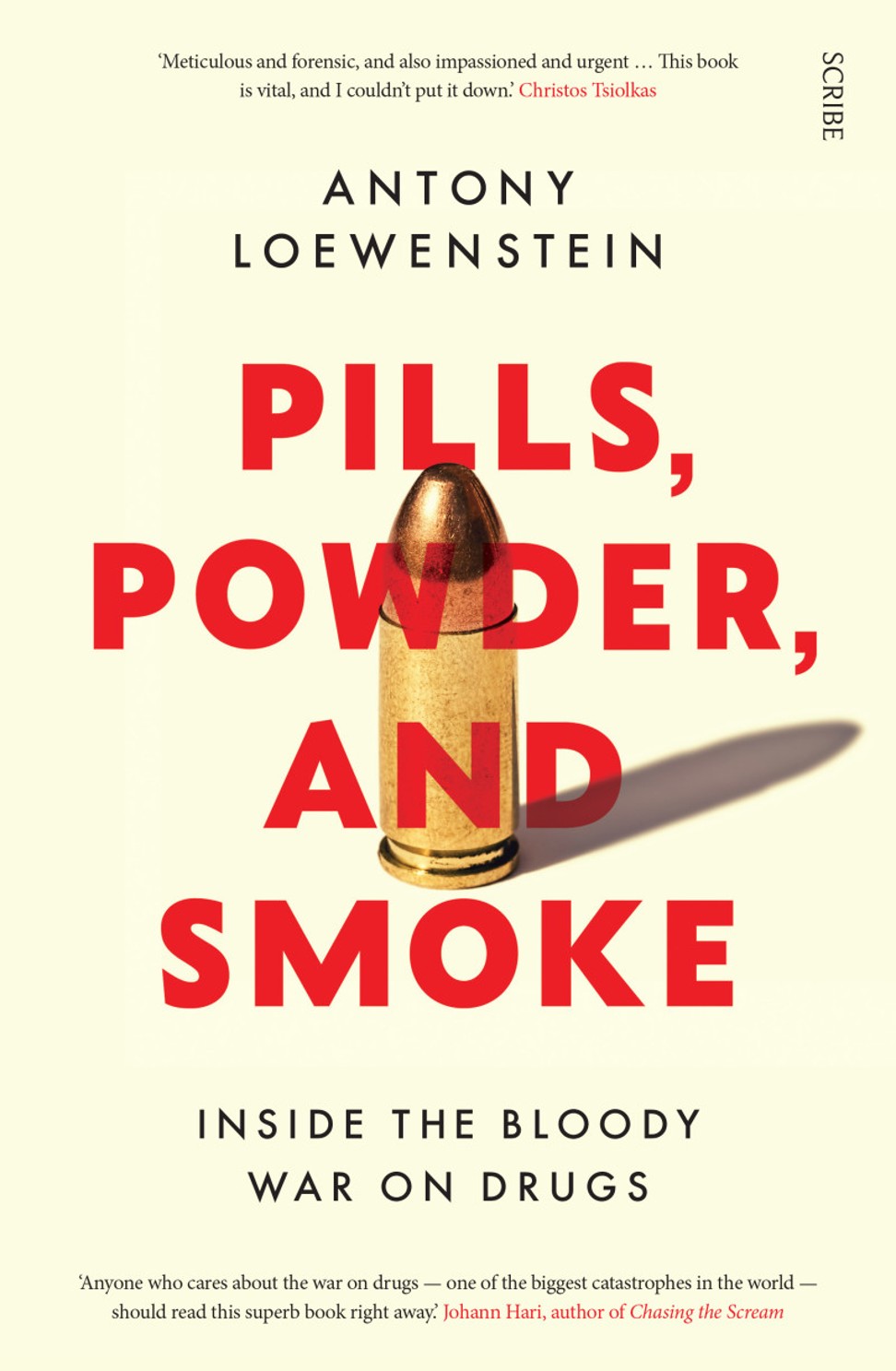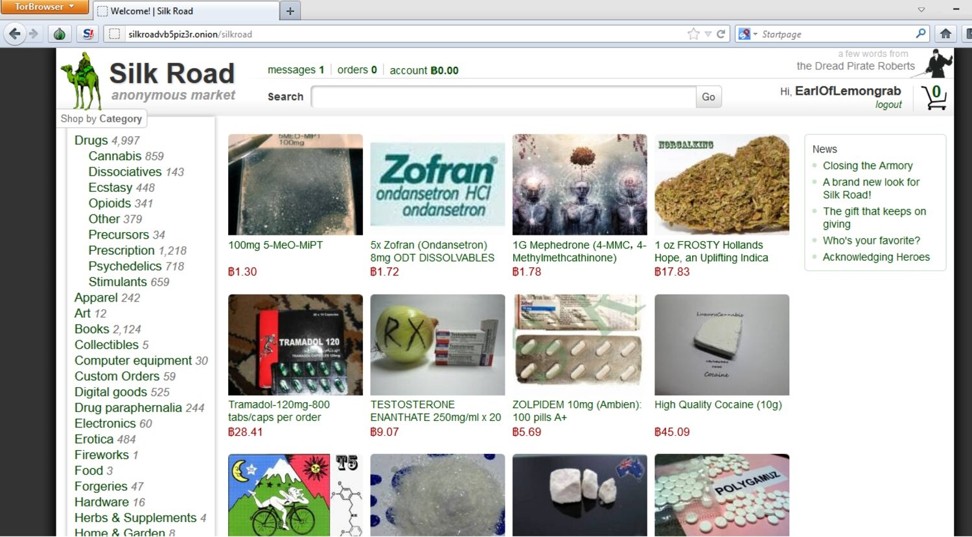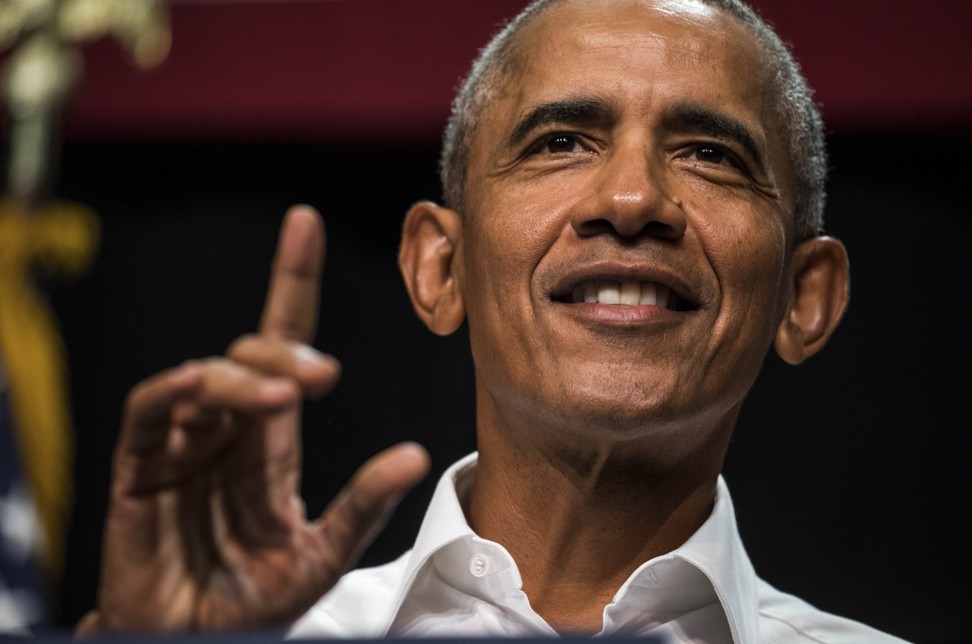
Who really profits from the war on drugs? Author investigates global drug policy winners and losers
- Attitudes towards punishing and legalising drug use, crime, and the drug trade’s social and environment impact vary widely around the world
- Journalist Antony Loewenstein imagines what a system of fair-trade cocaine production might look like, and its benefits

In August 2018 there was a flurry of headlines about the hypocrisy of middle-class cocaine users, dubbed “the woke who do coke”.
Hot takes were prompted by the comments of Greater London’s police commissioner, Cressida Dick, who criticised those who advocate eating and wearing ethically sourced products but do not apply the same reasoning to the drugs they take, thus fuelling demand for a substance associated with a rise in UK gang murder rates.
It was a sentiment repeated this June by Colombian President Iván Duque, in an interview with The Guardian, but with a focus instead on the devastating social and environmental damage cocaine production causes.
A counterargument is that the United States government’s drug policy is responsible for targeting the most vulnerable populations as a form of control. That is something journalist Antony Loewenstein investigates in his new book, Pills, Powder and Smoke: Inside the Bloody War on Drugs.

He was also moved to write the book by conversations that suggested many people mistakenly think the war on drugs is winding down. Those in a bubble of privilege are more likely to pay attention to news stories about the legalisation of cannabis, pill-testing trials and the advancement of psychedelic psychotherapy than, say, the violence in Honduras.
Loewenstein thinks the Western cultural shift to having conversations about the regulation of drugs is heartening. He said, however, that the caveat was “in every non-Western country I went to for the book, it was virtually impossible to find anyone who thought that illicit drugs should be legalised or regulated”.
It’s important to look at the supply chain. Transform, one of the best drug reform groups in the UK, is releasing a book this year about what a legal cocaine market would look like, and that, to me, is a really mature way to view this
Pills, Powder and Smoke is a less meandering companion to Johann Hari’s Chasing the Scream: The First and Last Days of the War on Drugs.
It’s divided by chapter into the six countries Loewenstein visited – Honduras, Guinea-Bissau, the Philippines, the United States, Britain and Australia – where he took the temperature of drug policy, crime, media coverage and harm-minimisation efforts. Ultimately, he asks, who really profits from the war on drugs?
In Australia, a report found that in 2018 people were taking more cocaine than ever before. There are potential solutions to the harms done in producer countries, such as fair-trade cocaine production. Loewenstein makes reference to entrepreneurial dark-net drug dealers who insist that their product is ethically sourced.
A sample assurance reads: “We are a team of libertarian cocaine dealers. We never buy coke from cartels! We never buy coke from police! We help farmers from Peru, Bolivia and some chemistry students in Brazil, Paraguay and Argentina. We do fair trade!”
Of course, without regulation there’s no way of verifying those claims, but there’s a demand for it. In the 2019 Global Drug Survey, 83 per cent of people who use cocaine said that they would support a regulated, fair-trade market, and 85 per cent of those indicated that they would pay, on average, 25 per cent more.

“That, to me, is a pragmatic and ethical way to view drugs,” Loewenstein said. “It’s important to look at the supply chain. Transform, one of the best drug reform groups in the UK, is releasing a book this year about what a legal cocaine market would look like, and that, to me, is a really mature way to view this.”
In Australia, the biggest victims of drug policy are those from the most reliably persecuted communities. In his book, Loewenstein traces the use of drug-laws-as-discrimination back to 1857, when opium began to be heavily taxed and demonised.
And yet, medicines such as laudanum – containing opium – were popular among white people. It was only in its smokable form – associated with Chinese use – that laws were directed against it.
Increasingly, “coming out” is not limited to those traditionally given a hall pass, such as musicians. In his 1995 memoir, Barack Obama confessed to having enjoyed using pot and “maybe a little blow” (an upgrade on Bill Clinton’s admission that he had tried marijuana but did not inhale), something he reiterated when asked about it during the 2008 US presidential election campaign. In Australia, the Green Party’s Cate Faehrmann admitted occasionally taking MDMA.

“I’m sitting here as a politician with more experience than anyone else in the building,” she told the BBC. “Maybe not – maybe I’m the only one being honest.”
Loewenstein approves. “Can you imagine if prominent judges – who are often the ones who are deciding the fate of someone caught with three Ecstasy tablets at a music festival – come out and say, ‘This is absurd. I used to take drugs, my son and daughter take drugs’ … That would be a very courageous and, frankly, gutsy thing to do.”